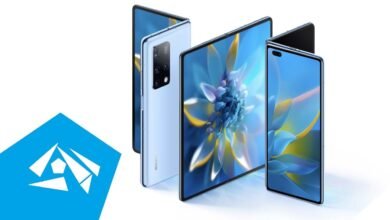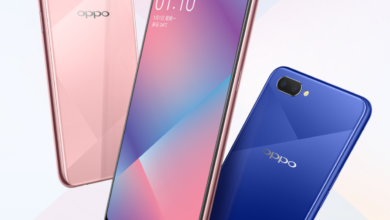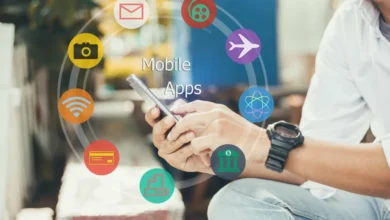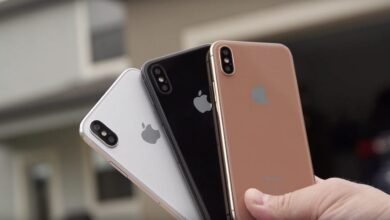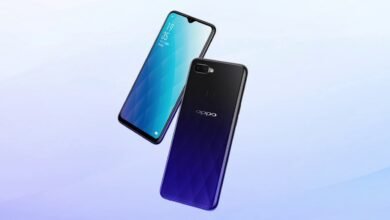Introduction
Mobile technology has seamlessly knitted itself into the fabric of healthcare, showing in an era of transformative change. This opening sets the stage for an inquisition of the dynamic connection between mobile technology and healthcare, outlining the evolution of this integration.
As patients become active players in their well-being through mobile apps and wearables, the topography of healthcare delivery undergoes a paradigm shift.
From telemedicine to AI-driven diagnostics, the burgeoning chances showcase the enormous potential for improved patient outcomes and enhanced accessibility. Join us on this voyage as we unravel the impact, challenges, and good end of mobile technology in healthcare.
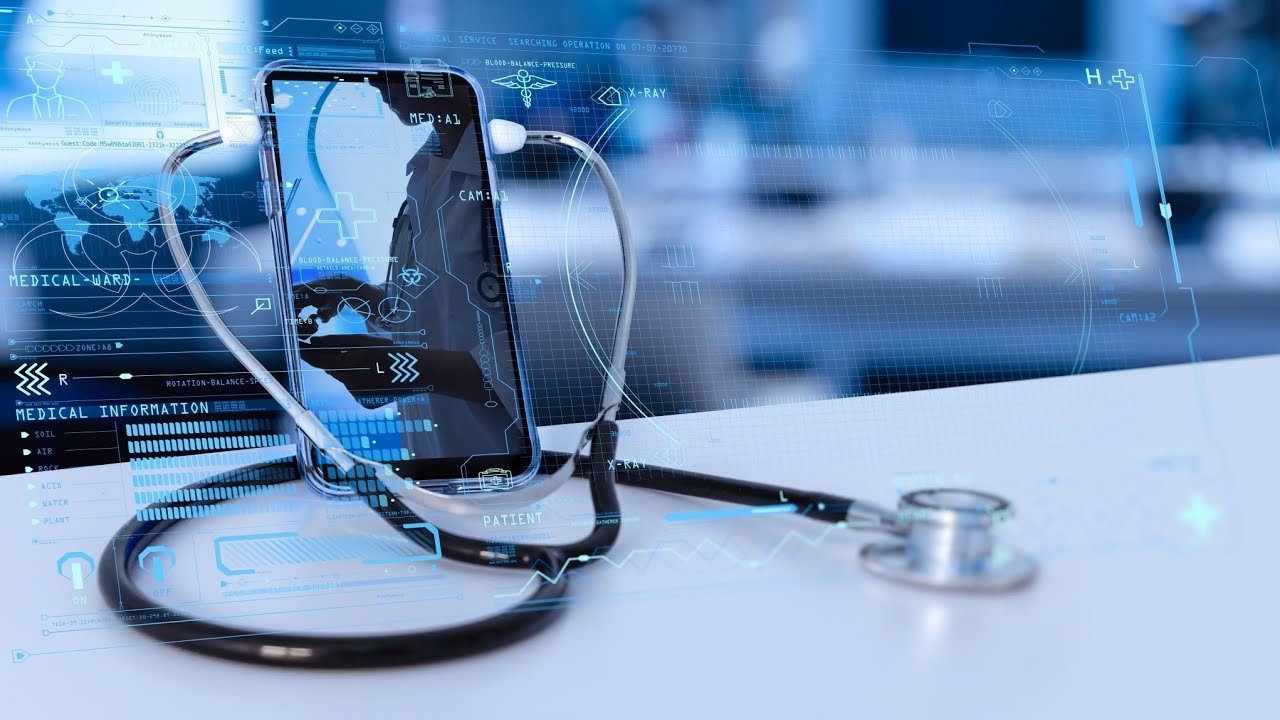
Evolution of Mobile Technology in Healthcare
The development of mobile technology in healthcare marks an extreme trip, redefining patient knowledge. From humble starts with essential health apps, we’ve witnessed an exponential growth of clever solutions. Early on, portable technology focused on health monitoring, but it has since morphed into a complete tool for patient concentration.
Telemedicine’s rise has bridged gaps, providing remote consultations and access to healthcare. The integration of wearables further propels this evolution, delivering real-time health data. As we study this progression, it becomes evident that mobile technology is not merely a nicety but a transformative power shaping many healthcare delivery.
Impact on Patient Engagement
The effect of mobile technology on patient engagement is profound, showing in a new era of active participation in healthcare. With easy entry to health information, patients are assigned to take charge of their well-being. Mobile apps and wearable gadgets create a seamless association, encouraging individuals to scan and manage their fitness proactively.
This heightened engagement fosters a sense of responsibility as patients become partners in their care journey. The ripple effect is a healthcare landscape where collaboration between patients and healthcare providers is enhanced, someday teaching improved results and a better personalized approach to well-being.
Mobile Apps for Health Monitoring
Mobile apps for health monitoring have evolved as instrumental in shaping personalized and affordable healthcare. These creative applications serve as watchful companions, following vital signs, managing medications, and providing real-time health understanding. From fitness fans to those with chronic conditions, these apps cater to a diverse spectrum of users.
Sacrificing convenience and empowerment, they bridge the gap between people and their health goals. Whether monitoring daily activity groups or ensuring adherence to a therapy plan, these mobile apps are revolutionizing how individuals contend with their well-being, enabling a proactive and educated approach to health leadership.
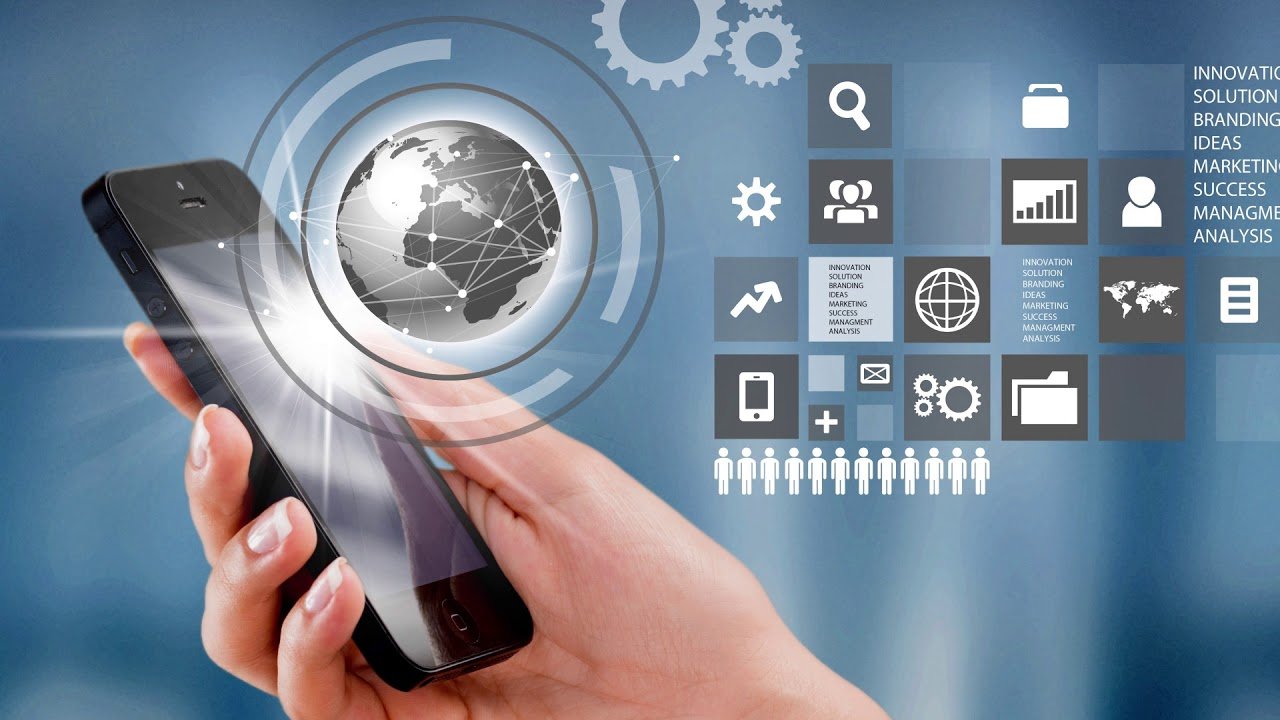
Telemedicine and Remote Consultations
Telemedicine and small talk present the transformative synergy of healthcare and technology. Cracking down geographical barriers, these advancements deliver unparalleled entrance to medical expertise. Patients can now seek skilled guidance from the convenience of their homes, assuring timely and convenient healthcare solutions.
Whether addressing routine concerns or chronic infections, telemedicine fosters a seamless connection between patients and healthcare providers. The virtual realm becomes a portal to quality healthcare, facilitating accessibility and efficiency. As we navigate this landscape, it becomes evident that telemedicine improves healthcare delivery and redefines the doctor-patient connection in a digitally corresponding planet.
Wearable Technology in Healthcare
Wearable technology in healthcare illustrates a paradigm shift in how we come to well-being. Beyond the empire of fitness trackers, these machines have seamlessly incorporated into the healthcare geography. From smartwatches to health-monitoring wearables, they deliver real-time data, assigning users to govern their health proactively.
These creative gadgets extend beyond counting steps, offering discernment into vital signs, sleep patterns, and overall wellness. Wearables bridge the gap between daily life and healthcare, transforming the mundane into extraordinary tools for preventive care. As we embrace these tech-savvy partners, the future spreads with a promise of personalized, data-driven health management at our fingertips.
Advantages of Mobile Technology for Healthcare Professionals
The advantages of mobile technology for healthcare professionals are game-changing, facilitating processes, and improving patient care. Efficient transmission, accurate record-keeping, and enhanced access to critical information describe this digital transformation. Mobile devices equip healthcare specialists with tools that transcend traditional borders, enabling them to make informed decisions on the go.
Mobile technology provides a dynamic and responsive healthcare environment, whether accessing patient records, cooperating with colleagues, or staying updated on medical advances. This technical integration saves time and contributes to elevated levels of patient care, fostering a seamless relationship between healthcare providers and the ever-evolving topography of medical knowledge.
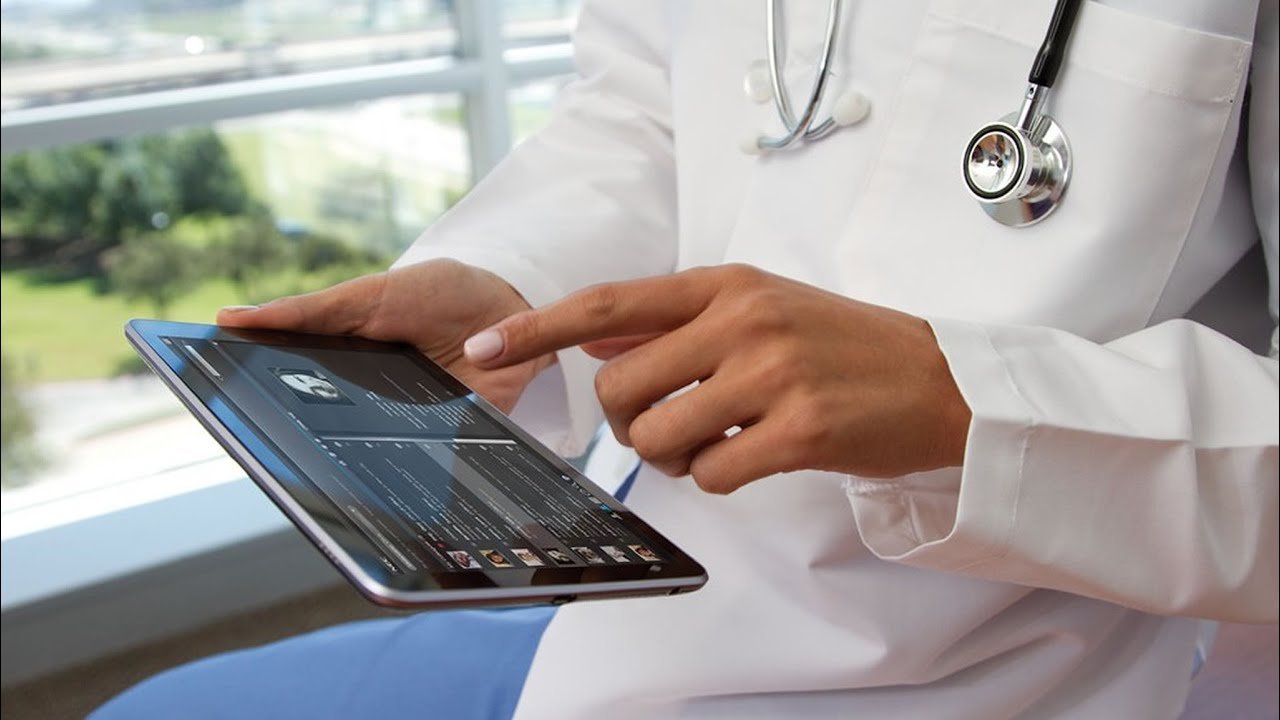
Challenges and Solutions
Guiding the integration of mobile technology in healthcare is not without its challenges. Interoperability problems, opposition to change, and data security concerns pose formidable barriers. However, innovative solutions abound. Facilitating interoperability through standardized protocols, fostering a civilization of adaptability, and executing robust cybersecurity measures are indispensable.
Education and training programs empower healthcare professionals to embrace technological shifts. Cooperation between stakeholders cultivates a holistic approach to problem-solving. As challenges evolve, so do the answers, ensuring that the transformative potential of mobile technology is harnessed responsibly and effectively in the vibrant landscape of healthcare delivery.
Security Concerns in Mobile Healthcare
Security concerns in mobile healthcare loom large as technology advances. The sensitive nature of patient data demands robust measures to safeguard confidentiality. The threat of data violations and unauthorized entry is a crucial challenge, necessitating stringent encryption and authentication protocols.
Hitting a harmony between accessibility and security becomes necessary. Continued improvements in cybersecurity infrastructure are crucial to stay ahead of evolving threats. As the healthcare sector welcomes mobile solutions, providing the integrity and aloneness of patient knowledge is a collective commitment. The industry aims to fortify the digital fortress through vigilant measures, providing a secure foundation for the future of mobile healthcare.
Future Trends and Innovations
Embarking on the horizon of healthcare, future trends and innovations in mobile technology are poised to redefine patient care. Artificial Intelligence takes center stage, revolutionizing diagnostics and treatment plans. Personalized healthcare solutions, driven by data analytics, offer tailored approaches to individual well-being.
Integrating virtual actuality and expanded existence transforms medical training and patient education. Mobile technology’s future promises convenience and a paradigm shift towards proactive, preventive, and precision healthcare. As we depend on the wave of these creations, the healthcare landscape becomes a canvas for refinements that aim to sweeten accessibility, efficiency, and the prevailing grade of patient results.
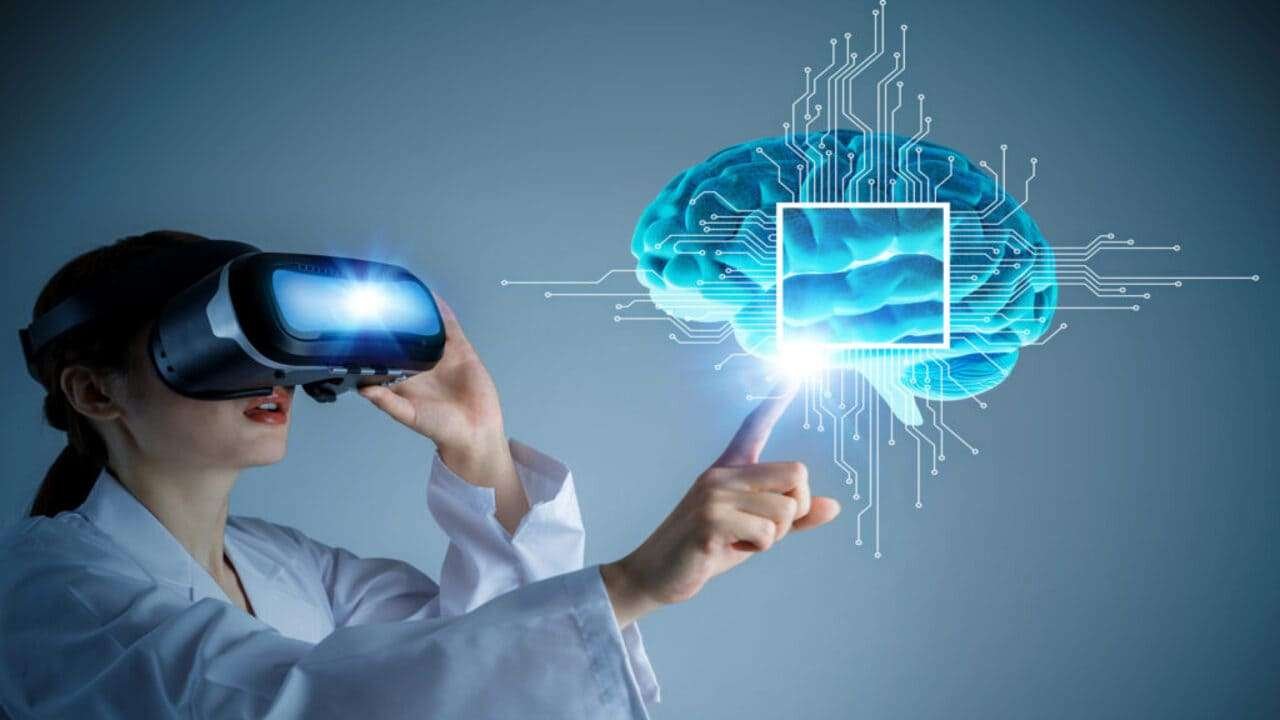
Incorporation of machine learning
They are incorporating machine learning into healthcare ushers in a new era of accuracy and efficacy. AI, a technological marvel, improves diagnostics, treatment plans, and patient products with unparalleled accuracy. Machine understanding algorithms analyze vast datasets, offering once fantastic understandings.
AI’s applications are various and transformative, from predictive analytics to personalized medicine. The combined synergy between healthcare specialists and intelligent devices facilitates decision-making processes, ensuring timely and revealed interventions. As we steer the evolving geography of healthcare, the integration of AI is a testament to our dedication to harnessing cutting-edge technology to improve patient care and medical passages.
Case Studies: Success Stories
Dive into the success stories of associations that seamlessly combine mobile technology into healthcare. These case studies illuminate real-world applications, showcasing tangible gifts and transformative outcomes. Witness how creative solutions have enhanced patient care, streamlined processes, and improved efficiency.
From telemedicine triumphs to the implementation of cutting-edge wearables, these narratives deliver insights into the practical successes of mobile technology adoption. These case investigations inspire and serve as valuable roadmaps for healthcare providers steering the ever-evolving convergence of technology and patient-centered care. Learn from these success tales and discover the potential for favorable transformation within your healthcare procedures.
Regulatory Landscape
Navigating the regulatory landscape of mobile technology in healthcare is critical to its integration. Keeping with ethical criteria and legal requirements provides the reliable use of technology for patient care. This section examines the intricate web of regulations managing data privacy, interoperability, and security.
Comprehending and clinging to these standards is crucial for healthcare providers and technology developers. Hitting a balance between innovation and compliance, this regulatory geography shapes the ethical foundation of mobile healthcare. As digital conversion unfolds, staying abreast of these regulations becomes essential in providing healthcare technology’s honorable and licit deployment.
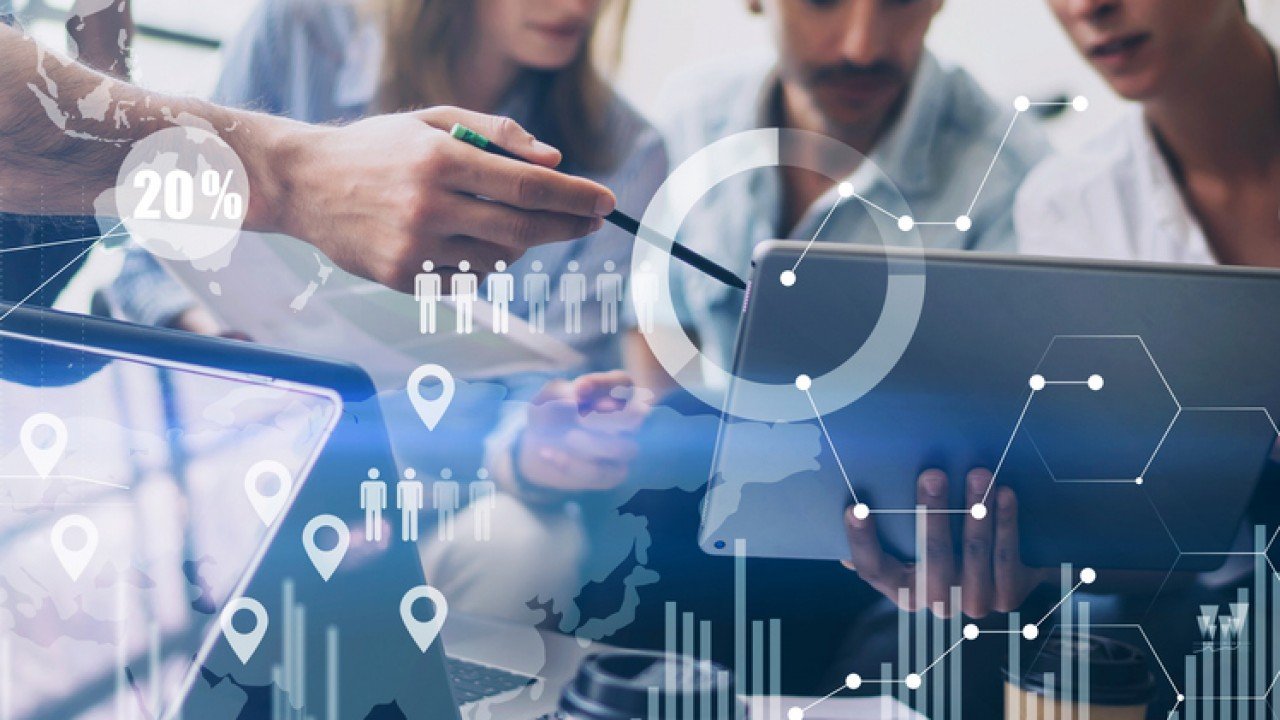
Patient Privacy and Data Security
Patient solitude and data protection stand as pillars in mobile healthcare. Guarding sensitive information is essential, with vital encryption and access controls, including frontline protection. This section delves into the measures launched by healthcare providers and technology innovators to ensure the confidentiality and virtue of patient data.
From stringent authentication protocols to adherence to driving standards, a concerted effort is completed to mitigate the chances of unauthorized entrance and data violations. As we embrace the digital age in healthcare, the commitment to patient solitude remains unwavering, highlighting the ethical responsibility to protect and respect the exposed information delegated to the digital domain.
Conclusion
As we finish this exploration of mobile technology in healthcare, it is evident that the matrimony of these two parts is a game-changer. The ongoing evolution promises a healthcare terrain that is more handy, efficient, and patient-centric.
FAQs
What are the essential safety problems in mobile healthcare?
Security considerations include data infringements and unauthorized entry. Robust steps are in place to safeguard forbearing data and preserve privacy.
How is AI incorporated into portable healthcare?
AI enhances diagnostics, therapy plans, and patient outcomes. Its integration carries the prospect of revolutionizing the healthcare initiative.
Can you supply examples of thriving mobile technology performance in healthcare?
Case studies spotlight communities that have effectively incorporated mobile technology, showcasing positive effects and classes discovered.
What does the future hold for transportable technology in healthcare?
The future pledges exciting directions, including AI-driven diagnostics and personalized medicine plans, reshaping the healthcare terrain.

